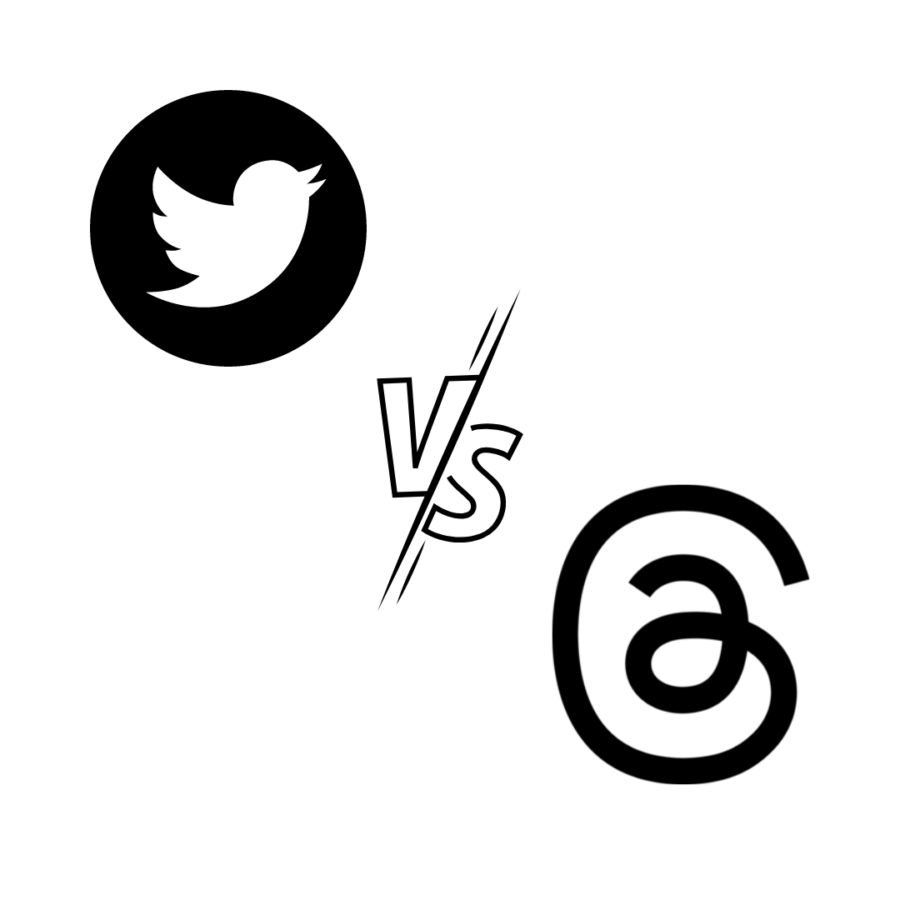
Is Threads an End to Twitter?
In the ever-evolving world of social media, new platforms and apps emerge with the promise of revolutionizing the way we connect and share content. The latest app from Meta, Threads, has garnered significant attention, attracting millions of users. Many have wondered if Threads will mark the end of Twitter’s reign. I believe there are several factors to consider when evaluating whether Threads poses a threat to Twitter’s dominance.
First and foremost, it’s essential to acknowledge the power of communities in shaping the success of social media platforms. Platforms like Reddit, Instagram, and Twitter have thrived because of their dedicated user bases, who act as evangelists and drive growth. Twitter, in particular, has cultivated a diverse and engaged community over the years, making it a powerful tool for real-time conversations, breaking news, and trending topics. While Threads may resemble Twitter in its format, it lacks the same level of committed users that have been instrumental in fueling Twitter’s growth.
Each social media platform has its strengths and unique features that attract different types of users. Instagram, for example, has excelled in providing a visually appealing space for content creators. On the other hand, Twitter has focused on facilitating conversations through features like Spaces, which enable audio interactions and enhance user engagement. These platforms have carved out their niches and cater to specific user preferences. While Threads may appeal to Instagram users who seek an alternative to constant image and video posting, it doesn’t offer the same level of engagement, authenticity, and real-time updates that Twitter provides.
The success of any social media platform hinges on its ability to foster a strong sense of community and connection among its users. Twitter has achieved this by encouraging active participation, user-generated content, and facilitating discussions on various topics. Threads, in its current form, falls short in this aspect. It may provide a space for users to share their thoughts, but it lacks the same level of reach, influence, and the amplification of voices that Twitter offers.
When examining the user experience, it becomes evident that Twitter has honed its interface to provide a streamlined and efficient platform. Users can swiftly scan through tweets, engage with content, and follow discussions seamlessly. Threads, in comparison, presents a more fragmented and disjointed experience, making it challenging for users to navigate and discover new content. This disparity in user experience can significantly impact the long-term viability of Threads as a competitor to Twitter.
It’s crucial to note that Twitter’s significance extends beyond being a mere social media platform. It has become a catalyst for raising awareness, mobilizing support, and influencing public opinion on critical issues. From political discussions to social movements, Twitter has played a pivotal role in amplifying voices and driving conversations with a far-reaching impact. Threads, while providing a space for users to share their thoughts, currently lacks the same level of influence and broader reach.
In conclusion, while Threads may have its merits as an alternative platform for Instagram users seeking a different content-sharing experience, it is unlikely to pose a significant threat to Twitter’s dominance. Twitter’s robust community, commitment to fostering meaningful conversations, and its ability to amplify voices make it a unique and powerful platform. While new apps and platforms will continue to emerge, each with its own features and appeal, Twitter’s role as a go-to platform for real-time discussions and engagement remains unrivaled. So, although Threads has generated excitement, it is unlikely to be the end of Twitter’s reign in the social media landscape.









